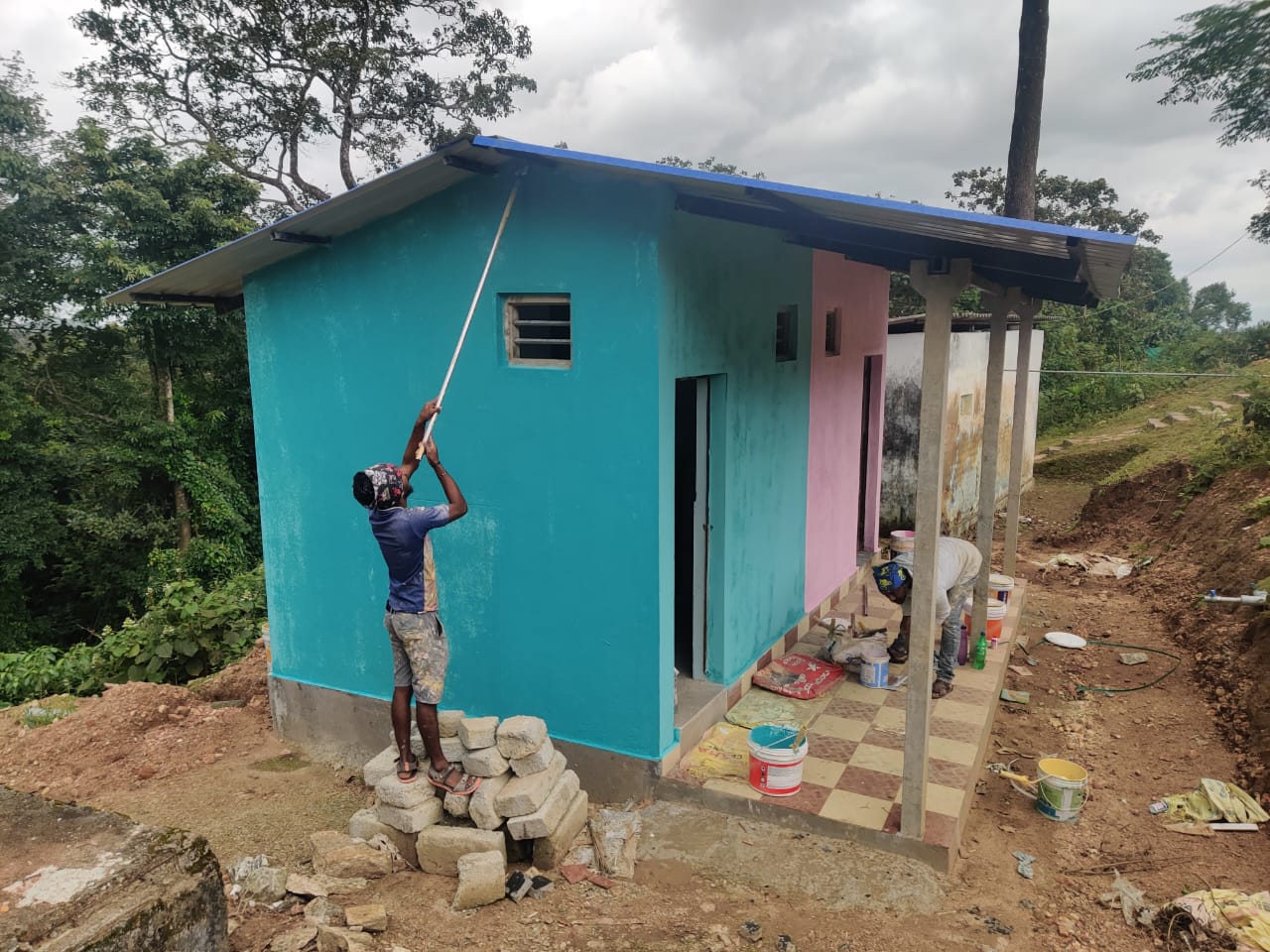Last Updated on August 31, 2023 1:44 pm by INDIAN AWAAZ
Polit Bureau of Communist Party of India (Marxist) Brinda Karat has written following letter to Giriraj Singh, Minister of Rural Development, Government of India drawing his attention to the negative impact of several policy decisions taken by the government regarding MGNREGA.

____________________________________________________________
Shri Giriraj Singh ji,
Namaskar. I write this letter to you to draw your attention to the
negative impact of several policy decisions taken by the government
regarding MGNREGA. As one who was actively involved in the finalisation
of the Act and the clauses regarding the rights of workers, it is a
matter of deep concern that workers’ rights for demand based work are
being compromised. The fund allocation is woefully inadequate.
According to the data on the Ministry’s website 91 per cent of funds
allocated have been already spent. At present average workdays are at a
low of just 35.4 days. In such a situation MGNREGA workers will face
acute problems. Moreover, mandatory stipulations such as online
registration of attendance at worksites as well as Aadhaar based
payments are converting unconditional rights embedded in the law into
restricted access for job card holders.
Introduction of Aadhaar linked payments of wages has not resulted in
much change in timely payment of wages. In June, the government in a
press release from PIB had assured that the Ministry was not insisting
on Aadhaar enabled system of payment but on Aadhaar based payment system
(ABPS) which would be more flexible. However, a most revealing survey
conducted by an organisation reported in The Hindu, August 30, 2023,
shows that out of the “total 26 crore job holders, 41.1 per cent are
still not eligible for this mode of payment. From five states with the
largest number of active job holders, 1.2 crore workers will not be
eligible for payments as they do not have ABPS accounts”. The survey
also shows on the basis of an analysis of data recorded in the central
data base of the government that there is statistically very little
difference between ABPS and normal account transactions as far as the
amount of time taken for payments are concerned or as far as percentage
of rejections are concerned. In other words, while so far there is no
significant benefit, there is certainly evidence of significant losses
for workers.
In the last six months I have visited MGNREGA sites and interacted with
workers across states. A common complaint has been the introduction of
the attendance system through online registrations at the worksite at
specific times during the day. Given that the connectivity is very poor
in vast areas of rural India, particularly in remote tribal areas,
mandatory online registration is leading to great difficulties for the
workers. Women workers who comprise the majority of MGNREGA workers in
many States, have been particularly affected. As you know, women workers
are charged in our patriarchal cultures for the main responsibility of
domestic work and care of families. Before and after their MGNREGA
workday women put in many more hours of work. However, they complain
that because of the lack of connectivity, sometimes they have to spend
one hour extra getting their attendance registered. There are also
examples of attendance not getting registered leading to denial of
wages.
In my interaction with women workers, I found that the SORs and the
piece rates decided are extremely difficult to complete. In the current
situation as far as women’s work norms are concerned MNREGA sites are
illustrations of the extraction of female labour at low rates to create
public assets. There has been no Ministry initiated recent time use
surveys on MNREGA sites. Earlier in many states, work norms for women
were decided after such surveys. This is an urgent requirement.
I hope you will consider the issues I have raised and take appropriate action.
Thanking you,
Sd/-
Brinda Karat
